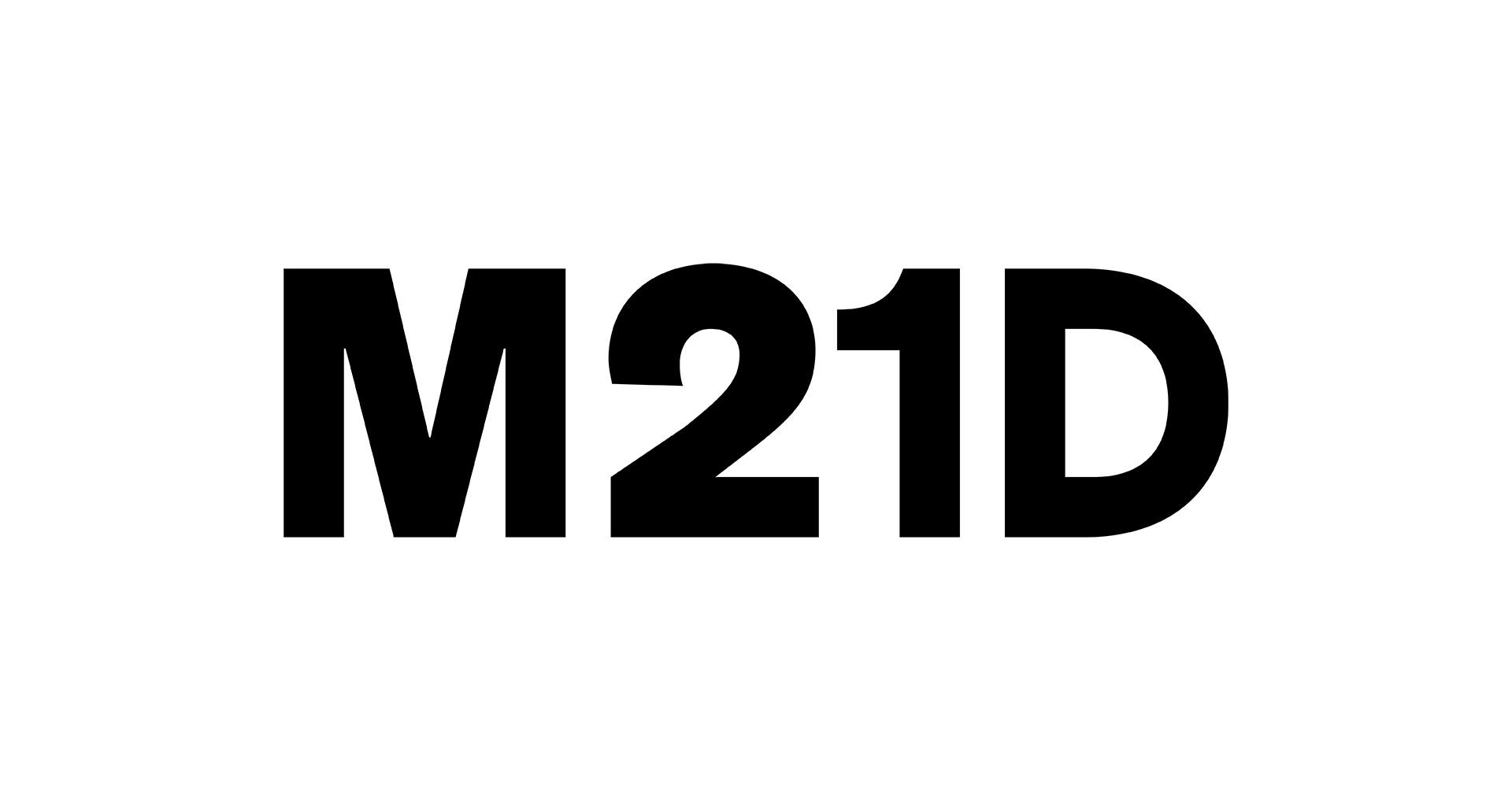
Kiersten Thamm
It’s April 27. That means the Netherlands is busy celebrating a holiday called King’s Day. This year, partygoers have an option to contribute to the fight against climate change while drinking.
[Update, July 2021] BrewDog has recently been flagged by former employees for promoting a toxic and harmful work environment. You can read the open letter here. M21D has decided to keep this article available on m21d.org in an effort toward transparency. Studying the social and environmental impacts of contemporaneous design is always going to be an ongoing process. We hope that we — the museum and our community — can discover, learn, and grow together.
It’s April 27. That means the Netherlands is busy celebrating a holiday called King’s Day. The date marks the birth of the current king, King Willem-Alexander. (Yes, there’s still a monarchy. And no, they don’t do much politically speaking.) The holiday originated in 1885 as a means of improving the monarchy’s popularity. Now, it’s much more about street markets, wearing orange (the national color) and drinking beer. Lots of beer. Each year, beer companies publish entire advertising campaigns around the event.
This year, partygoers have an option to contribute to the fight against climate change while drinking. Meet BrewDog’s carbon-negative brews.
Just in case you were curious, this isn’t a paid advertisement for BrewDog or any of the other designs we mention—we’re just really excited about carbon-negative design.
A Better Beer for the Earth
The independent craft brewery and pub chain BrewDog is the world’s first “carbon-negative international beer business.” That means the company removes more carbon from the atmosphere than it produces throughout its entire supply and distribution chain.
Carbon (Carbon dioxide, also known as CO2) creates a cover that traps the sun’s heat in the atmosphere, which warms the planet. It’s a primary factor in climate change, and getting our carbon-levels down is key to keeping our ecology intact.
BrewDog enlisted Professor Mike Berners-Lee as their lead scientific advisor to help remove carbon from the atmosphere. Berners-Lee applied his expertise in carbon foot-printing and sustainability to help BrewDog go negative. This is a comprehensive effort. It includes switching to wind power and electric delivery vehicles, repurposing drinking cans and ingredients, and planting a forest’s worth of trees.
BrewDog is planting 1,400 acres of broadleaf forest and returning 650 acres to peatland. That’s 2,050 acres of land and more than one million trees in Scotland near Loch Lomond in the Scottish Highlands. The trees and peat will remove and sequester carbon from the atmosphere and provide a natural habitat for wildlife. BrewDog is also adding a campsite for sustainability-focused retreats and workshops.
Meanwhile, BrewDog is doing their best to reduce waste. Spent spelt from the brewhouse goes into dog biscuits, otherwise wasted beer goes into a zero-waste vodka, and 100% of the fruit in their Sour Beers is surplus fruit that would otherwise be wasted.

BrewDog now removes twice as much carbon from the atmosphere as the business puts in. All of this information came from the company’s sustainability report. I recommend starting with the final few pages, which contain the aptly named “Science Bit.”
Carbon-Negative Design
Beer isn’t the only product going carbon negative. In Sweden, you can pick up a carbon-negative burger at Max Burger. The popular outdoor clothing company The North Face makes a carbon-negative beanie. The candle company Amen grows carbon-negative mycelium packaging using agricultural waste for shipping. A handful of carbon-negative buildings now exist, such as the tiber office in London built by Feilden Clegg Bradley Studios.
All of these companies use a mixture of approaches to going carbon-negative. Most involve both reducing emissions and offsetting the emotions that are left, such as BrewDog. Reducing emissions normally involves switching to renewable energy, reducing waste, supporting regional production to cut down on shipping, electrifying public and private transportation. Offsetting generally involves funding projects, like reforestation efforts, that remove CO2 from the air.
Redefining, Celebrating, and Normalizing Good Design
M21D exists to investigate, celebrate, and normalize designs that participate in the fight for ecological and social health. These companies, products, and processes that remove carbon are human designs that offer better futures. Switching that regular beer for a carbon-negative beer doesn’t require too much effort; but it helps make carbon-negative options the norm.
